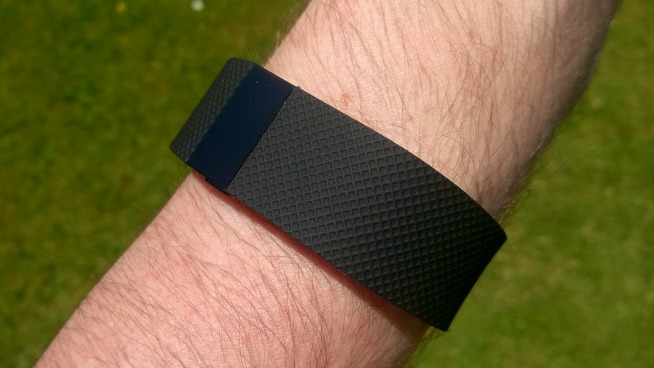Journal of American Medical test highlights how manual monitoring of physical activity may be more effective for losing weight
Are you armed with good will and a fitness tracker but results are slow in coming? You’re not alone. According to a recent study in the Journal of American Medical, tech devices for tracking physical activity not only don’t make you lose weight but in fact may even make you fat.
The study. The data collected by the study spans from 2010 to 2014 and included 471 participants. These people were divided into two groups. The first ones manually documented the results of their daily physical activity. The second used automated programs to track their daily movement. Le persone di entrambi i gruppi hanno seguito una dieta a basso contenuto calorico e sono stati invitate a praticare uno stile di vita attivo. Dai risultati è emerso che le persone che hanno monitorato manualmente le attività fisiche hanno perso più peso rispetto a chi ha utilizzato un fitness tracker.
Fitbit
 Fonte foto: Web
Fonte foto: Web
Fitbit Charge HR
Siete tra gli utenti di una delle aziende leader nel settore dei fitness tracker come Fitbit, e i risultati dello studio vi preoccupano? La società ha dato la sua risposta in merito ai risultati della ricerca. I vertici Fitbit hanno specificato che la ricerca non è stata fatta usando i loro dispositivi o le loro applicazioni. E perciò non possono esprimersi in merito ad essa. In more from the Californian company they make know that they daily submit the products to the tests, and that in order to succeed really to obtain of the results it is fundamental to place side by side to the report of the instrument also a correct feeding.
Healthy feeding
The same Fitbit has encouraged the users of fitness tracker not to make confusion. Monitoring one’s physical activity doesn’t automatically mean getting results. Just as it’s not enough to have good standards of physical activity if you don’t follow a proper diet. In short, technology, for the moment, in the diet helps us if we are the first to help it.